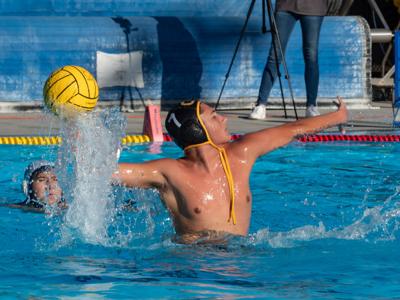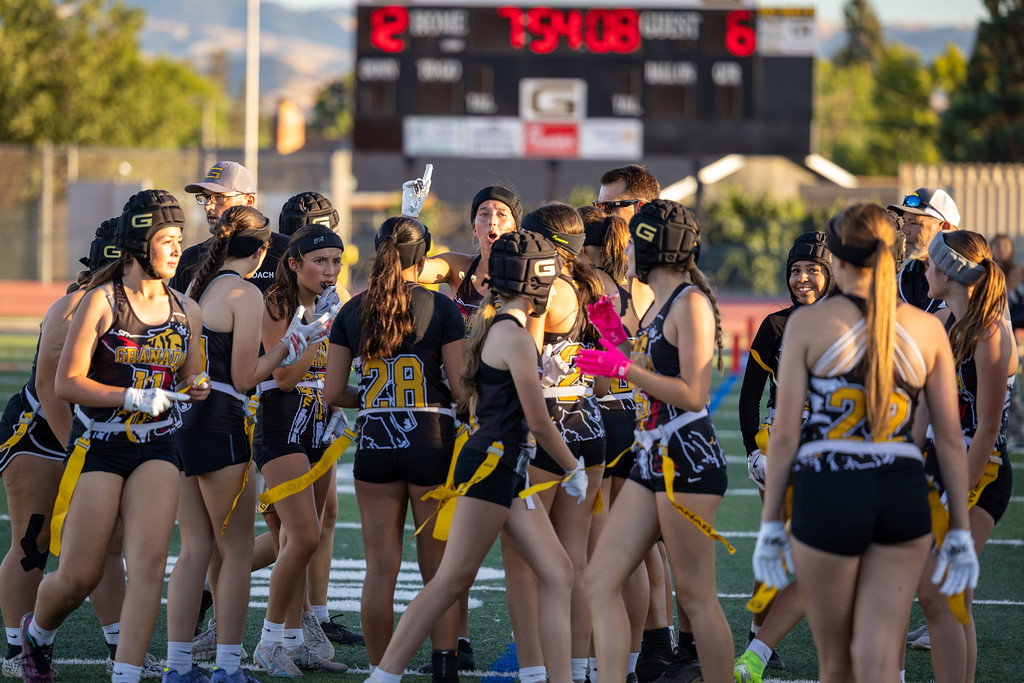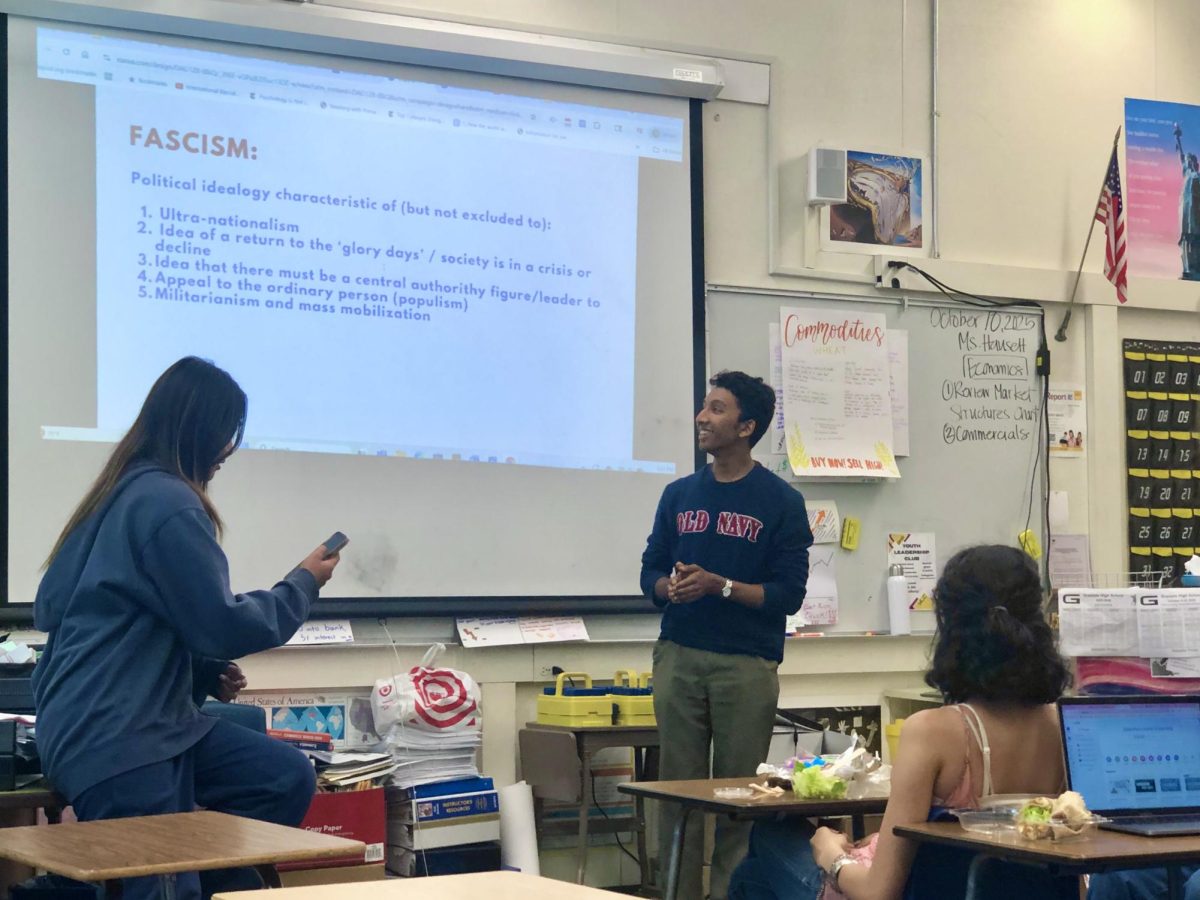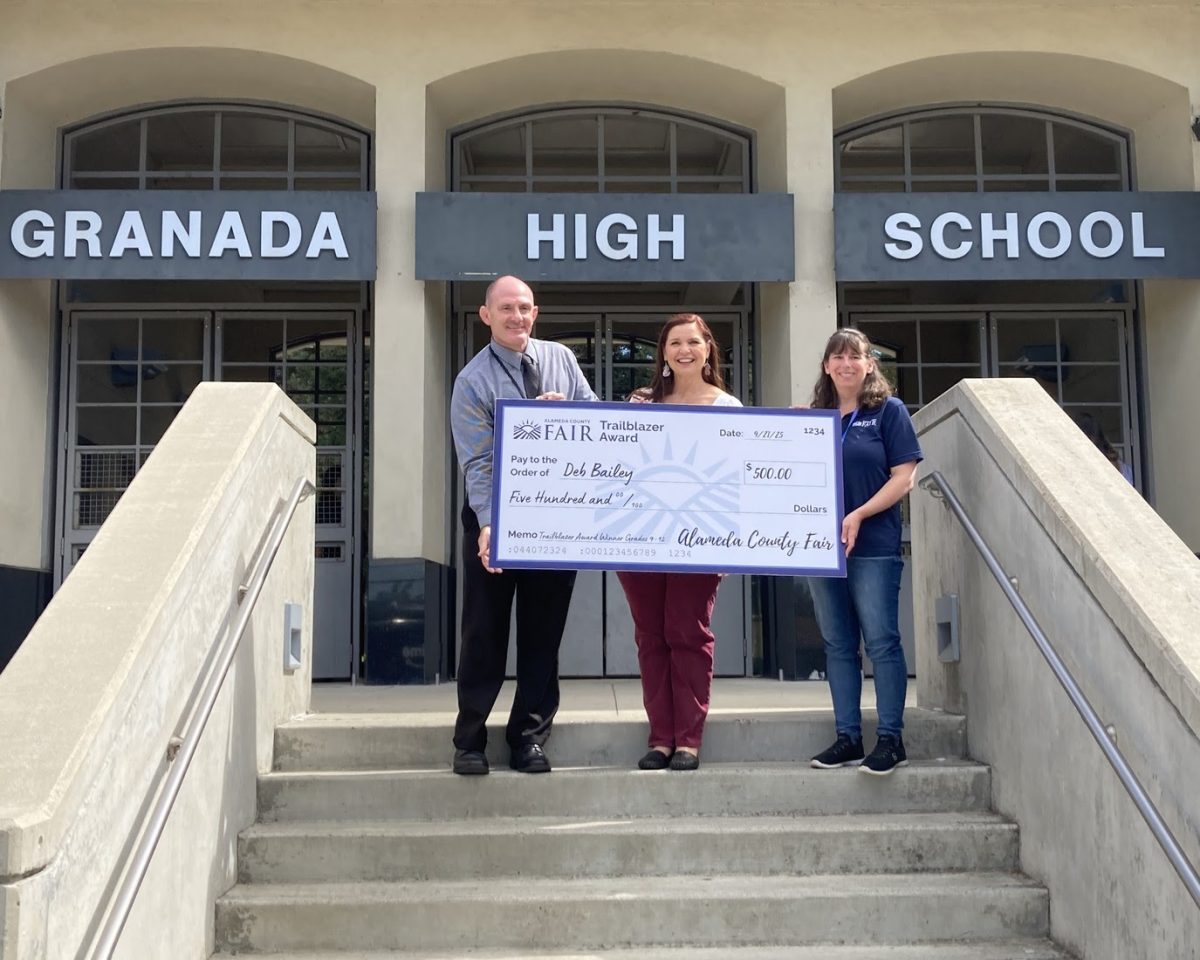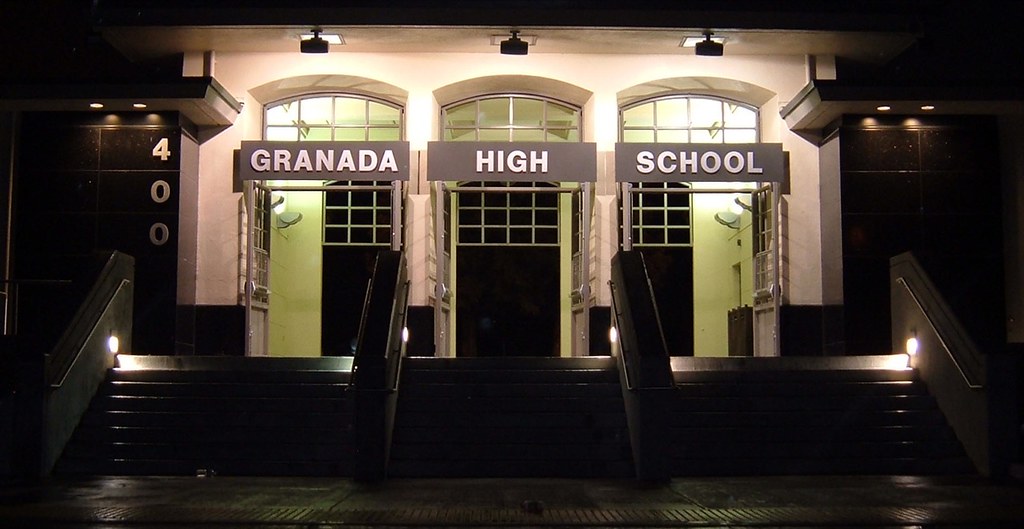The FIT program at Granada High School, which stood for Freshmen in Transition, was a preliminary class used to aid incoming students in adjusting to their new environment and prepare them for what was to come at a higher academic level.
Since 2008, FIT had been a class that our administration required all freshmen to take, at least until this year. It was one trimester long, and while it wasn’t everyone’s favorite course, it was instituted to help newcomers get equipped with the knowledge and tools necessary to get comfortable with the campus and faculty, learn what resources were available to them, become familiar with the expectations the school emphasizes to all of its students, and set them up for a successful next four years until graduation. Principal Clark Conover described it as, “something in place so when kids came in we could help them navigate high school versus throwing them into the deep end of the pool and seeing if they can swim.”
FIT covered everything from creating Four Year Plans and presenting information on Homecoming, seasonal sports, and clubs, to more serious topics such as mental health, personal identity, and suicide. Mr. Hahn, a previous course teacher, commented on a few of the more impactful units. From his point of view, “the Four Year Plan was very beneficial and just talking about life after high school. Depression and suicide…are also very significant. Students connected with the suicide and depression week the most out of any unit. I also think Homecoming week gives us the ability to have some fun.”
Due to the schedule change from trimesters to semesters, the course was removed from the registration list and discontinued until further notice. Conover also stated that extending the curriculum would have been extremely difficult and that, “logistically it was tough to figure out where it would fit in. With the trimesters, the classes were about 60 days long [per trimester], but with semesters, they’re now about 90 days long [per semester]. Plus you have to find something to pair it with, and so you’ve got that element as well, and not only that, you’ve got to figure out what subject the teachers can teach the second semester, so it didn’t work.”
However, in the eyes of many GHS educators and students, FIT was an important class mostly because of the light-hearted environment it created and the fun activities it brought that assisted in not only acclimating students but also connecting them to their peers in a variety of ways. Grace Espinosa, a Sophomore at Granada, recounted how FIT helped her, “have an idea on the classes [she] would take in the future, and gave [her] tools to stay organized.” She further described in detail how it was a great way for her to get to know people and have fun, stating that “FIT was honestly a great class overall… especially FIT Trivia, which was a really awesome bonding activity.”
Three of the previous FIT teachers all made similar claims as to why they believed the class was pivotal for incoming 9th graders during their transition. Mrs. Lillie expressed that she believed it did a good job teaching students “what it means to be a Matador,” and that it was critical for teaching “about the school’s culture, to build school spirit, and to help them feel like they have a place where they belong.” Mr. Rankin also voiced that, “the biggest idea with FIT was to create a connection with the students, staff, and community of Granada to let every kid know that people care about them.”
The biggest idea with FIT was to get teenagers involved and part of the Granada Matador community. Mr. Hahn stressed how it was an easy way to meet new people from different middle schools, and that he has “several former students who said they met their best friend in FIT.” Hahn additionally accredited it as a place where students could be vulnerable enough to the point where they could discuss serious and uncomfortable topics without students feeling like they couldn’t volunteer their opinions. He firmly believed it was “just a safe space for a lot of kids, which also contributed to the culture here at GHS.”
So, what’s the big deal? While some teachers claim that the class of 2028 has done an adequate job of transitioning and involving themselves in homecoming, sports, and activities without FIT, others believe they have lost an impactful tool that would have given them more insight into Granada’s culture as a whole. Since the program ceased to exist, educators have also noticed a slight shift in the freshmen class’ ability to adapt to the changes seen from middle school to high school, specifically with time management, organizational skills, and even just knowing who to come to when they need guidance.
Mrs. Lillie optimistically stated that the ‘freshies’ have struggled “a little bit as far as their organizational skills and trying to figure out where to find stuff in Schoology or who to talk to on campus… but we’re still early in the year.”
Mr. Hahn was adamant with his claims that FIT should be brought back because “it’s good for the culture of Granada High School,” and agreed that there are a lot more kids going around wondering what they should be doing. He made a point to restate that the main goal of FIT that they pushed very hard with was to connect kids to something, whether it was a club or sport or a group of people with common interests, and said, “I don’t know if these kids are getting the same push.”
According to a few of the new Freshmen on campus, adjusting has not been as strenuous as they previously thought. Camryn Smith vocalized that she was very nervous about adjusting to high school considering that the FIT program was no longer available, but after school started it was “really easy to adjust, especially since everyone was so helpful.”
Jaxon Glogovac also mentioned that he had “older friends that helped [him] find [his] classes and get around school better.” Although the transition was smoother than expected, all freshmen interviewees claimed to have struggled with similar problems, especially regarding the schedule change, extracurriculars, class registration/credits, and time management. Ty Rankin claimed to have issues specifically revolving around available time, like many others, admitting that “having to deal with high school sports while also keeping up with my academics has been pretty difficult at times.”
Smith seconded his statement by remarking, “My biggest struggle since starting high school was time. I am on the cross country team so that takes up a lot of my time, but I’ve also been trying to enjoy my high school experience by going to football games.” FIT was beneficial for these situations too because not only did it provide tips to help students learn valuable skills like time management, but on Wednesdays it was considered a study period that allowed students to work on any assignments, study, and finish any homework they couldn’t get done the night before.
While there are some flaws regarding how smooth transitioning to high school was this year for many new students with the loss of the FIT program, it is clear that when given some time they have been able to solve most dilemmas on their own.
As of right now, there has been no viable consensus on any new version of this program being reinstated in future years to come. Mr. Conover clarified that he worries that if our administration tried to work on a way to bring it back they would run into the same problems as before, however he “would love to have a FIT-like program again in the future, I just haven’t figured it out and our staff hasn’t figured out how to implement it. I just don’t know where FIT would fit.”



















